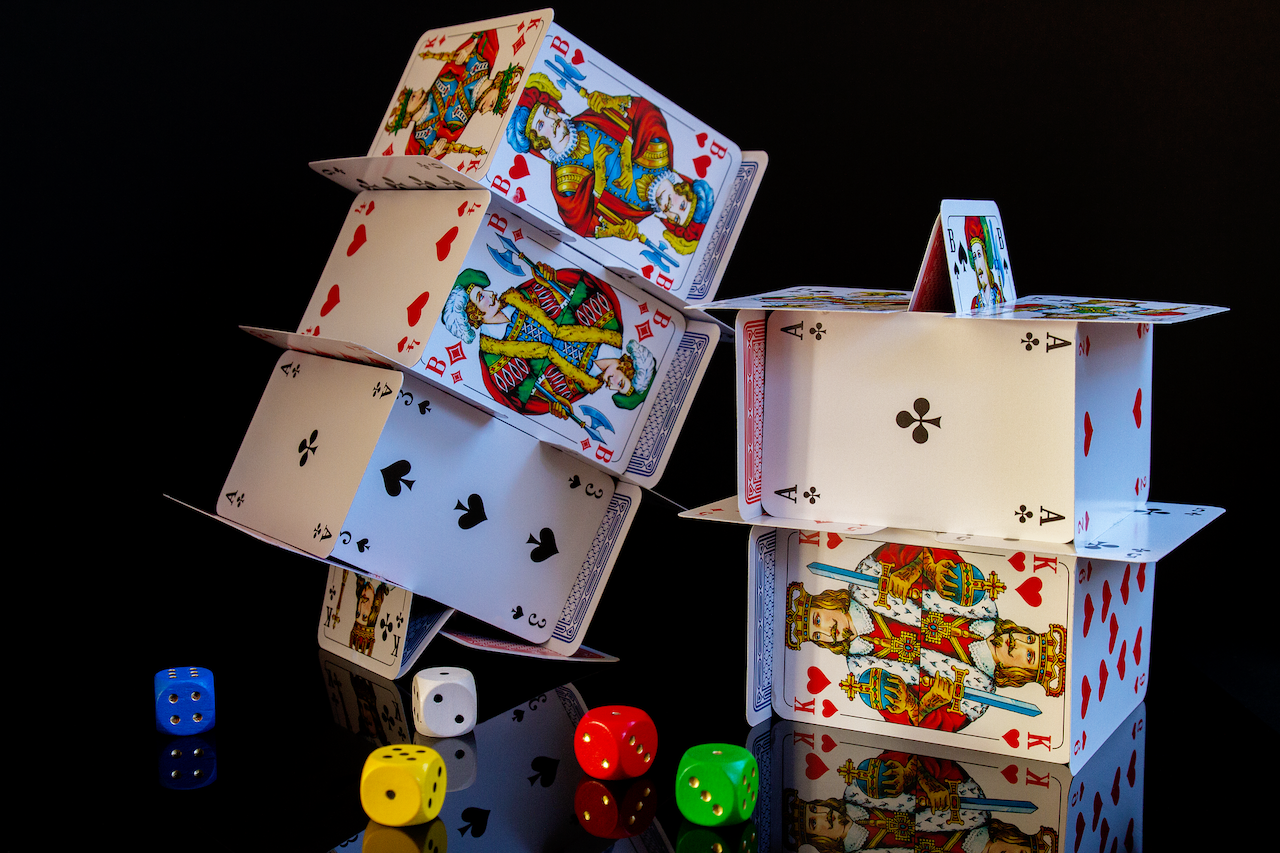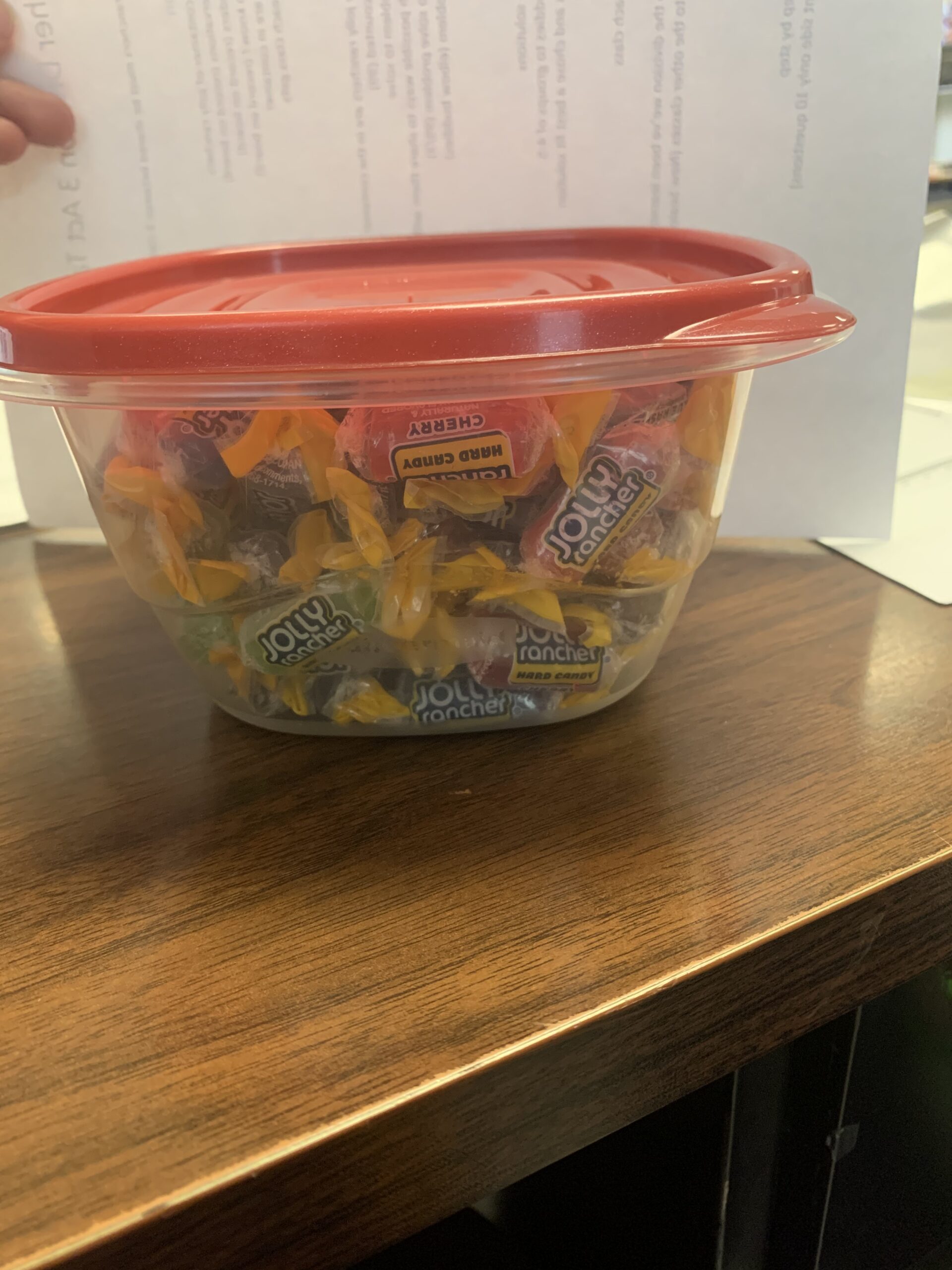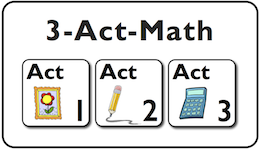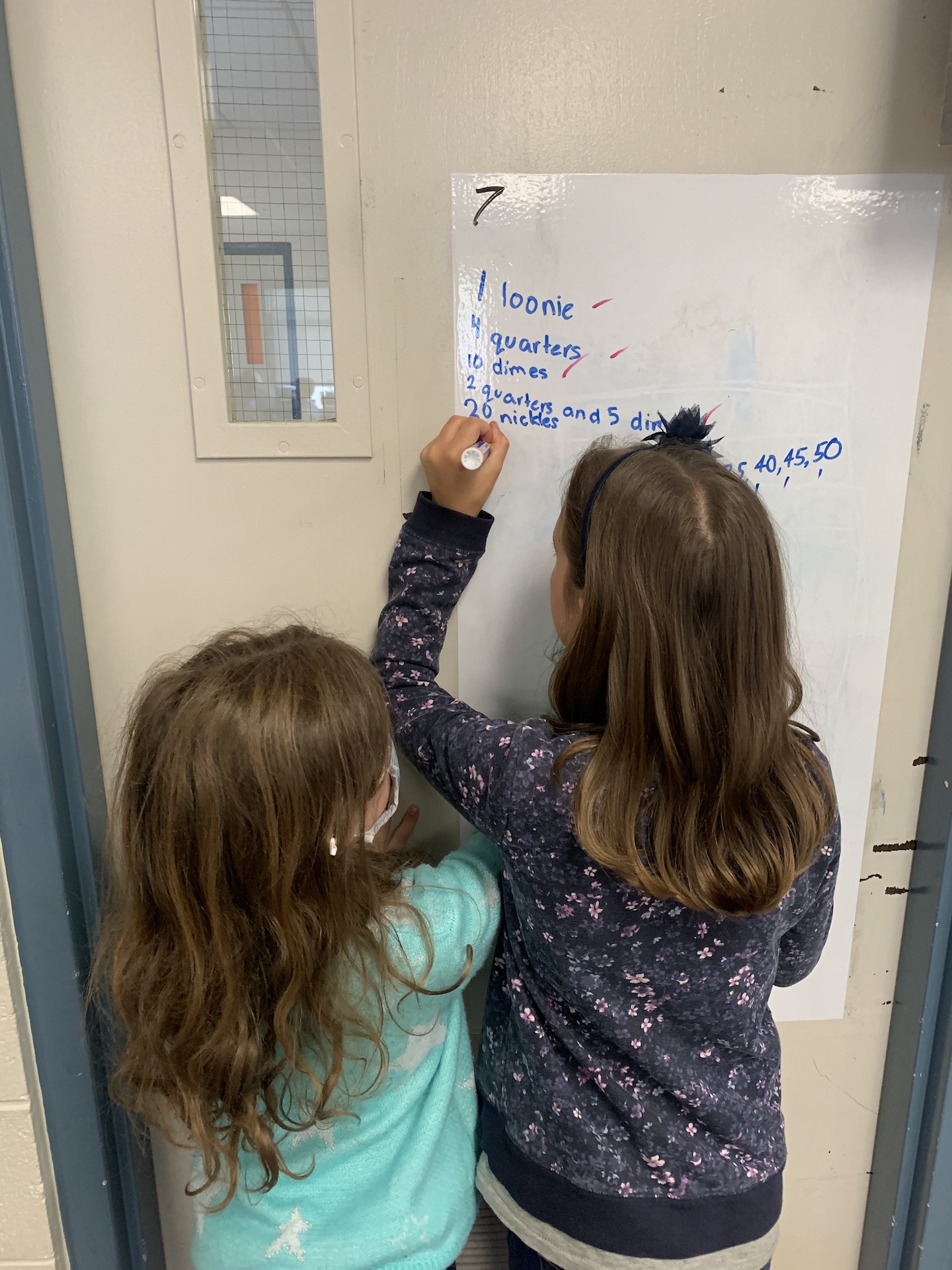I currently teach grade 4 and have for the past four school years. When looking at my planning process in relation to my key words I have found some areas of strength and a few areas of weakness. Doing this activity helped me to highlight some focus areas for next year. I aim for a student-centered approach and am hoping to give more voice and choice to my students while working with in the constraints of a fundamental school. Being in a fundamental school with many traditions’ innovation moves slowly and new ideas are carefully researched and discussed before being implemented. Our focus is heavily on literacy and numeracy and ensuring students have those essential skills and much of our weekly collaboration time is devoted to these two areas. When I think about the diffusion of innovation model my school tends to sit in the late majority category while I personally feel that I sit in the early adopters for some things. Personally, I would not call myself an innovator, I do well when I work from a source of inspiration and combine it with other ideas to make it my own and adapting it to what works for the students in my classroom.
(Hanlon, 2013)
“ Subject matter is simply the tool. Much as one would use a hammer and chisel to carve a block of marble, one uses ideas and knowledge to forge one’s own personhood.“ (Orr, 1991) When planning for my student’s learning I tend to begin from a Backwards Design perspective by first choosing the curricular competencies and content I want to work with then deciding what we will need to do to reach that goal as well as how we will demonstrate our learning. I definitely take a competencies based approach, focusing on the skills that my students need and using the big ideas and curricular content as the way to get there. Looking ahead at my own planning I need to make stronger connections outside of my classroom and grade group for my students. We need meaningful and on-going connections to a wider community so that my students see that learning does not happen in isolation in a classroom and is instead imbedded in a larger interconnected context.
In my planning and attempts to adapt and personalize learning I often fall into looking only at the middle or looking only at the bottom (Sternberg, 2008). This is something that I will need to focus on going forward and will also allow me to give more voice and choice to my students. If I can begin to give more choice in topics and assessment it will allow my students to show their strengths in new ways as well as better fitting the needs of all. While focusing on the bottom and middle allows me to support those that are not yet at or at grade level it rarely gives opportunity to challenge those who are extending and ready for a further challenge doing them a disservice. If I am able to work on the new three Rs as suggested by Sternberg I will be able to better meet each of my students where they are at.
Bibliography
Hanlon, A. (2013, Oct 20). What is the Diffusion of Innovation Model. Retrieved from Smart Insights: https://www.smartinsights.com/marketing-planning/marketing-models/diffusion-innovation-model/
Orr, D. (1991). What Is Education For? The Learning Revolution.
Sternberg, R. J. (2008). Excellence for All. Educational Leadership, 14-19.
- image_78443594021657582031375.png(18.88 KB)
- Mapping Innovation In My Curriculum Planning.pdf(102.16 KB)






